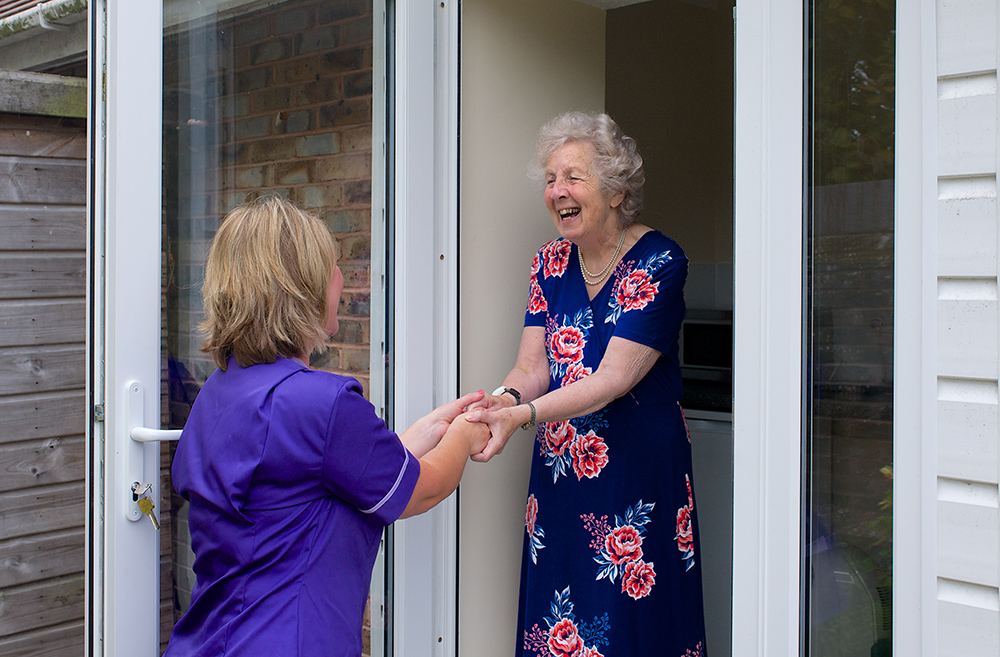

Once the client qualifies for CDPAP, the respective state authority examines their individual needs and determines the number of the aide’s working hours that the state will cover with Medicaid funds.

While in most cases individuals requiring assistance with daily tasks have little control over choosing their personal assistant, CDPAP is a beneficial alternative which allows them to choose a personal aide to perform certain skilled tasks. Due to CDPAP, individuals experiencing life-changing, chronic health conditions may now entrust their personal care to people whom they know well and whom they trust, which contributes to quality of care, strength of the client-caregiver relationship, and the client’s quality of life. In such a way, even if relatives of clients have to quit their job to provide adequate life assistance to their loved ones, their efforts are covered financially. More importantly, CDPAP allows clients to hire their close relatives to provide homecare and support, which is compensated by the state. Services available under the CDPAP vary but most generally include skilled private duty nursing services, personal care, and home health aide services delivered by paraprofessional aides, as well as a coordinated plan of combined services (in case the client requires the long-term home healthcare program). Since then, CDPAP services have been immensely popular among recipients of homecare, and the number of CDPAP beneficiaries increases every year. The call for change was initiated in the 1970s and culminated in the establishment of the Patient Managed Homecare Program in 1992, renamed CDPAP in 1995. While being left to the discretion of the state or healthcare providers in terms of decision-making about aide selection, clients were displaced from the process of care, with their voices not heard and needs not met.

The CDPAP is financed under the Medicaid program.ĬDPAP emerged as a result of massive calls for a shift of focus towards client-centered care when it comes to homecare or personal assistance for the elderly or disabled. In other words, the CDPAP program allows consumers who are eligible for its coverage (or their responsible caregivers, or legal guardian) to hire, train, and dismiss their own homecare workers. However, the main eligibility criterion for CDPAP is the ability to provide directions for the personal assistant or having someone who can direct them.
DOM CARE CDPAP FULL
The benefit of CDPAP is that homecare recipients maintain their independence outside the context of institutional care where the agency assumes full responsibility for them. CDPAP is an initiative by New York State, so only residents of this state may qualify for this coverage. CDPAP stands for the Consumer Directed Personal Assistance/Attendant Program, which allows the elderly or incapacitated individuals to get a personal care assistant covered by the government.


 0 kommentar(er)
0 kommentar(er)
